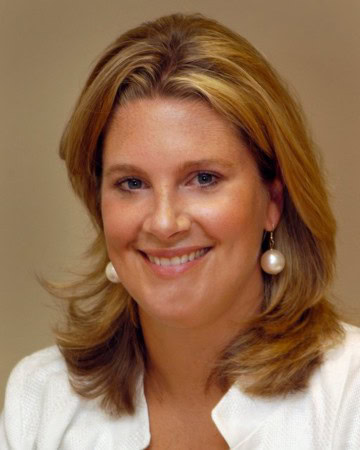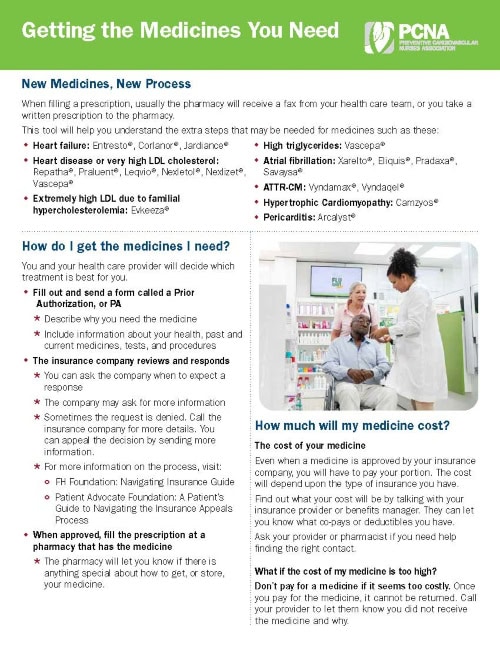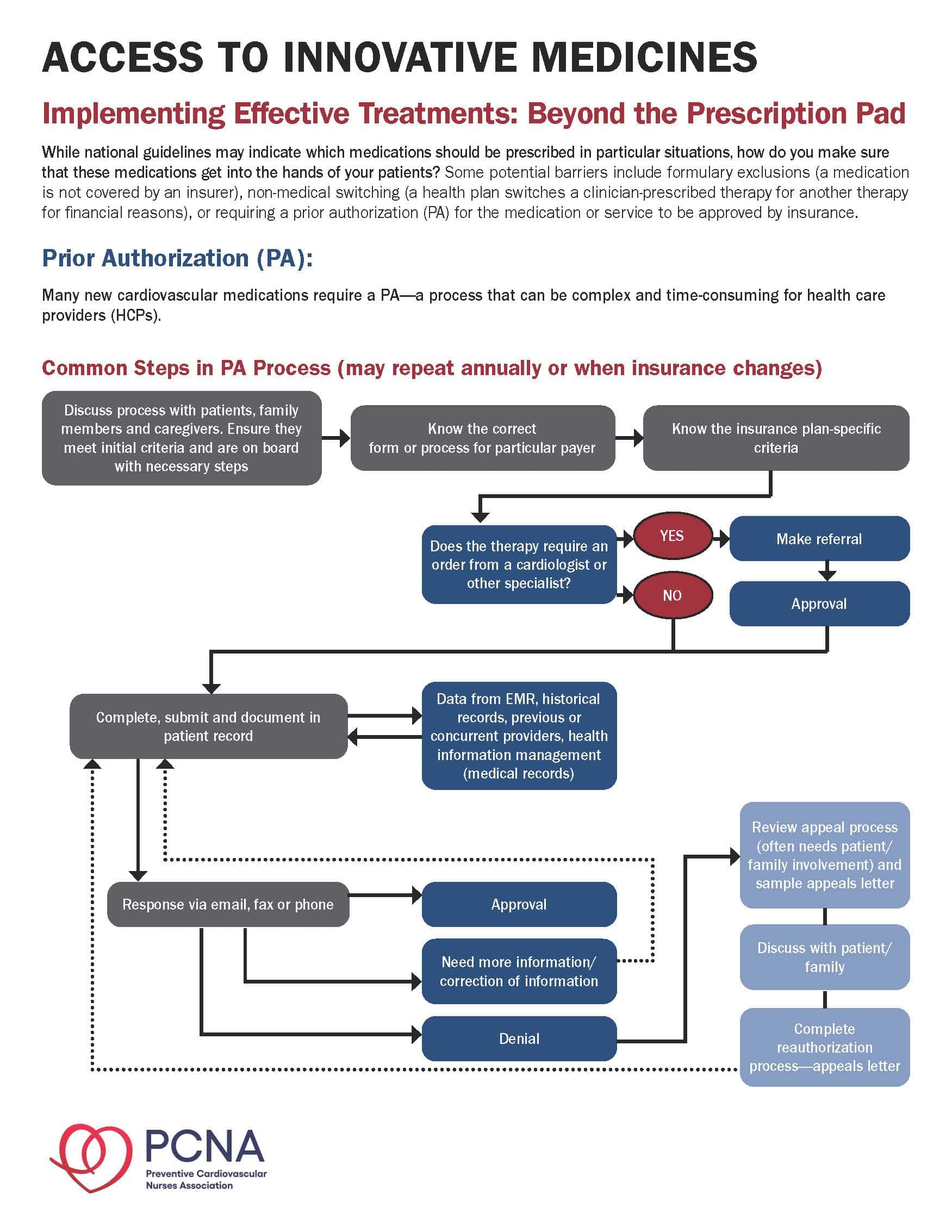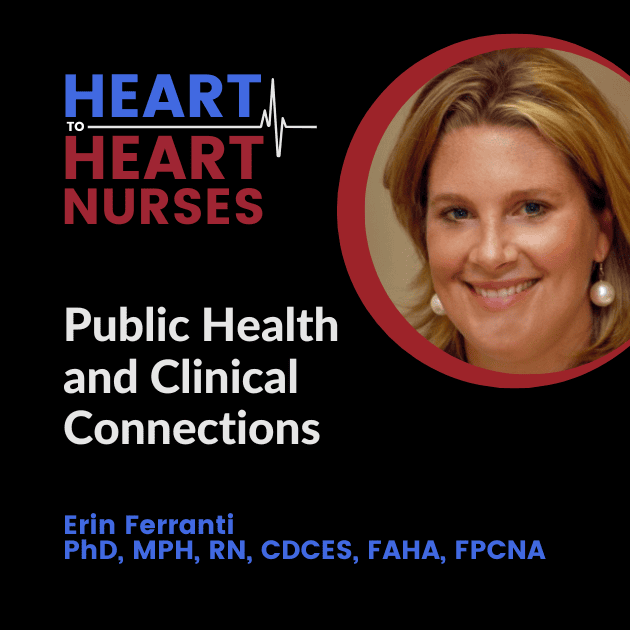Public health and clinical practice are closely connected. Join guest Erin Ferranti, PhD, MPH, RN, CDCES, FAHA, FPCNA, to learn about the importance of public health for all patients and how to get more involved.
Podcast Resources
Erin Ferranti podcast episode transcript
[00:00:00] I’m Erin Ferranti, board president for PCNA, and I’d like to welcome you to this episode of the Heart to Heart Nurses Podcast. PCNA is the proud home of cardiovascular nurses and one of the leading figures in the fight against cardiovascular disease. We have the resources you need for your day-to-day practice or to follow your passion to new areas of learning and growth.
Geralyn Warfield (host): (00:11)
I’d like to welcome today’s audience to our conversation with Erin Ferranti. Erin, could you please introduce yourself to us?
Erin Ferranti (guest): (00:26)
Yes, I’m Erin Franti. I am an assistant professor at Emory School of Nursing and I’m the incoming president for PCNA.
Geralyn Warfield (host): (00:33)
And we’re so excited to have you here because one of the things that you are most passionate about is public health. And for those of us that maybe aren’t quite certain what that means, could you describe what public health actually means?
Erin Ferranti (guest): (00:44)
Public health is essentially health for all and bringing health care to where people live, worship, play, all the things.
Geralyn Warfield (host): (00:56)
So, one of the things that I think most people might not be aware of is the interplay between public health and what happens in clinical practice. So, could you tell us what that direction is, how public health impacts clinical practice?
Erin Ferranti (guest): (01:11)
Well, you know, people interact with the healthcare system finite times, either when they’re coming in for an appointment or they’re in the hospital for an acute issue. Public health is everywhere. It’s what we do to try and make the environment as healthy as can be, to make our schools as healthy as they can be. So, where people are living and breathing and working.
And our goal is to make health, the healthy choice, the easiest choice and the environments the healthiest they can be, make vaccines available, all the things to help prevent having to interact with the healthcare system.
Geralyn Warfield (host): (01:48)
So, it sounds like public health really can run the gamut from things like making sure that our food is safe.
Erin Ferranti (guest):
Yep.
Geralyn Warfield (host):
To make sure that our water is clean. From making sure that I have access to health care overall. But also, isn’t public health kind of a big umbrella for some research that I might take into account when I’m a clinician? For example, it might be a nationwide or even a global study?
Erin Ferranti (guest): (02:15)
Absolutely. So, epidemiology is a branch of public health. It is the study of populations and diseases in populations. So, lots of research is focused around public major public health issues. So, like for my area around maternal health, we’re seeing a lot of issues in maternal health. So that’s a big public health crisis. And there’s a lot of research going on in that space. So, yeah, absolutely, for sure.
Geralyn Warfield (host): (02:41)
Well, we are going to take a quick break and we will be right back.
Geralyn Warfield (host):
We are back with Erin Ferrante and we’re so glad that you’re here to tell us a little bit about public health and the interrelationship of that to clinical practice. But I’m hoping you could focus even more on cardiovascular care and cardiovascular nursing and how that’s impacted by, and also impacts, public health.
Erin Ferranti (guest): (03:03)
Absolutely. So cardiovascular disease is the number one killer of both men and women in this country. And so, the environments in which we live in, the Life’s Essential Eight™, are all around major public health initiatives. And so, PCNA, cardiovascular nurses, have a huge role to play in promoting those efforts, you know, from every level, at policy level, at the family level, at the individual level.
Geralyn Warfield (host): (03:35)
So, one of the things about public health that springs to my mind is the idea of smoking cessation. And I’m of an age when I was young, you could smoke on an airplane. There was a non-smoking part of a restaurant. Neither of those things we know now was very healthy for anyone in those closed environments. So public health really does have an impact on overall health, but particularly cardiovascular health, doesn’t it?
Erin Ferranti (guest): (03:59)
Absolutely, yeah. I mean, that’s a great example of one of the major issues that we look at in cardiovascular risk factors and it was really public health laws and policies that changed those practices.
Geralyn Warfield (host): f(04:12)
Well, I really appreciate that what we do at the clinical level affects public policy. Likewise, public policy also impacts what we do at the clinical level. Could you maybe offer to our audience some resources for those that want to know more about this topic?
Erin Ferranti (guest): (04:28)
Yes, so there is a public health nursing association. There’s a public health nursing section within the American Public Health Association. So, we do have professional associations. A lot of what HRSA and NIH are funding are really driven by public health issues in this country. So, if you’re a researcher and you’re looking at where are there opportunities for funding, it’s around a lot of these public health issues. So those are good places to go to.
American Heart Association, PCNA. I mean, there’s a public health angle to everything that we do clinically.
Geralyn Warfield (host): (05:06)
One final question for you, and that is what one key takeaway would you like our audience to walk away with?
Erin Ferranti (guest): (05:12)
That public health is really for everyone. And it’s really focused on, you know, like I was talking about before, healthy communities, healthy environments. And it’s under attack right now with threats to funding issues and deprioritizing public health and immunizations and vaccines.
And as nurses, we need to really be aware of that and be advocates for public health because it affects everybody’s health span and lifespan. So that would be the big takeaway, I think.
Geralyn Warfield (host): (05:47)
So, what I’m hearing from you, Erin, is that we need to be actively engaged in what’s happening in our individual communities as well as at a larger level.
And if you’re interested in learning more about advocacy, we have some resources on the PCNA website. We also have some other podcasts and other areas where you can find some more information. So, we encourage that action and activity.
Thank you so very much for being here, Erin. I really appreciate you. This is Geralyn Warfield, your host, and we will see you next time.
Erin Ferranti (guest): (06:14)
Thank you.
Thank you for listening to Heart to Heart Nurses. Visit PCNA.net for clinical resources, continuing education, and much more.
Topics
- Advocacy
- Professional Development
Published on
July 15, 2025
Listen on:

PhD, MPH, RN, CDCES, FAHA, FPCNA, FAAN
Related Resources








